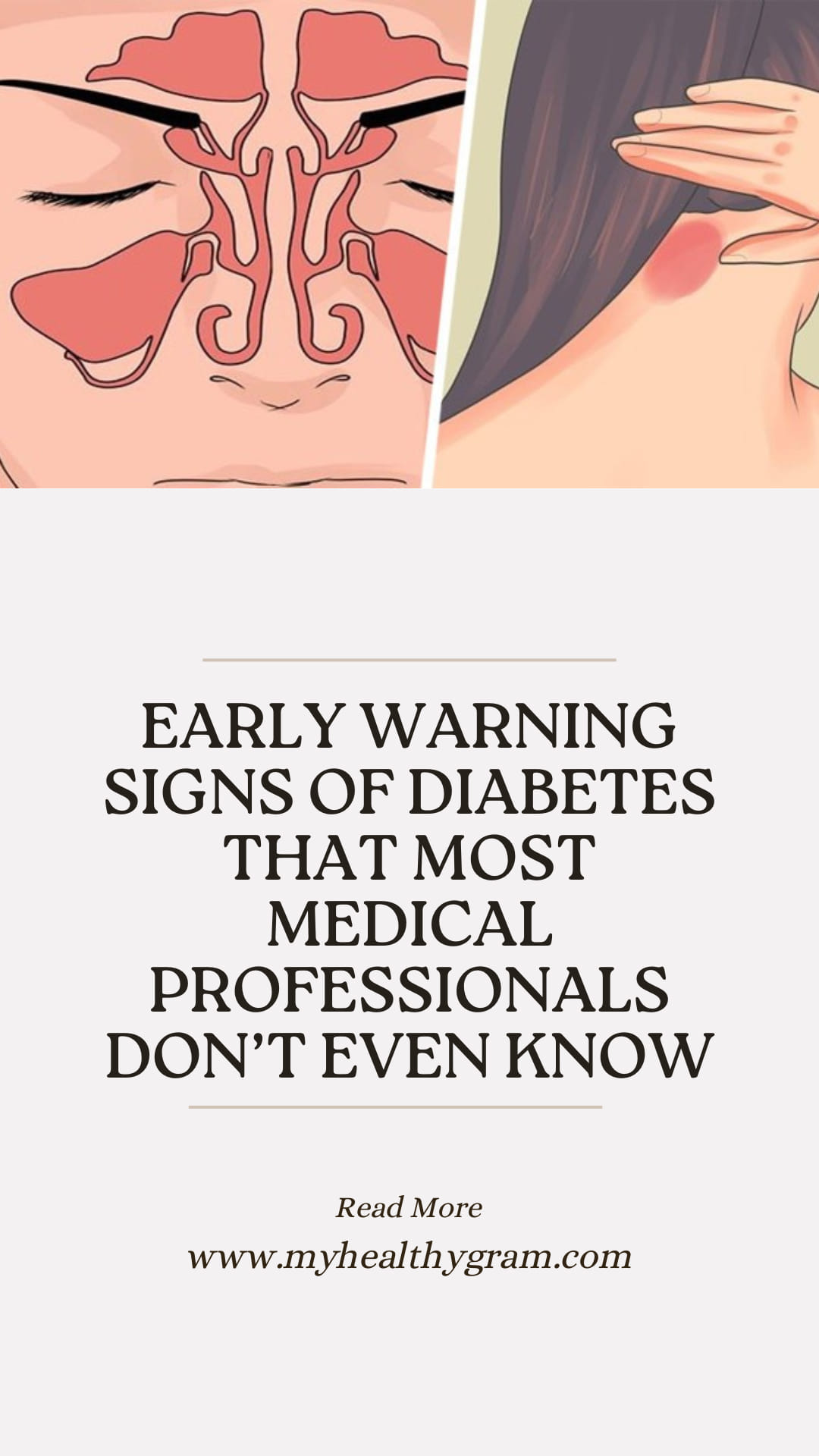Diabetes is one of the most prevalent health conditions of the contemporary period, affecting around 29.1 million individuals in the United States alone. The main reason for this high figure, however, is that people are not adequately educated on this disease, even if they believe they are.
It is well understood that diabetes affects blood sugar and that nutrition can play a significant role in its regulation. Most people are aware of its warning signals, which include extreme thirst, blurred vision, and an inability to heal injuries. This, however, is only a minor part of the picture!
There are other diabetes warning signals that you should be aware of in order to act quickly if you are at risk. In this scenario, you should alter your lifestyle and develop new habits to manage your health, keep the sickness under control, and avoid further difficulties.
These are the diabetes warning signs that you need to know:
Improved vision
If you have to remove your glasses to read, your blood sugar levels may be raised, and your prescription is becoming stronger.
Specifically, while diabetes frequently impairs vision, there are times when it can actually improve it due to a change in fluid levels in the eyes. As a result, you should visit your doctor if you notice a change in your vision.
Hearing impairment
This condition may also impair your hearing. According to a National Institute of Health study, hearing loss can occur during the pre-diabetes stage, which is characterised by high sugar levels and a 30% increase in hearing loss.
Diabetes, according to studies, affects the nerves and blood vessels in the ear, resulting in hearing loss. Check your blood sugar levels if you observe any of these changes.
Constant itchiness
Diabetes impairs blood circulation, resulting in itchy, dry skin. If moisturising creams do not alleviate the problem, you should examine your blood sugar levels.
Worsened skin quality
Ageing also has an impact on skin quality, resulting in concerns such as crow’s feet and wrinkles. Diabetes, on the other hand, affects the skin and develops dark patches on the skin, particularly on the knuckles, elbows, and back of the neck.
Acanthosis nigricans is a disease that causes these alterations. Skin cells and melanin increase in response to high blood sugar levels. However, losing weight and applying excellent ointments suggested by a skilled dermatologist can help you reduce these symptoms.
To summarise, just because an illness is prevalent does not mean you know all about it. Furthermore, when it comes to your health, you should ensure that you are well aware on prevalent disorders in order to recognise their symptoms and avoid complications.
Diseases can appear in unusual ways, such as these symptoms of diabetes. However, you should see your doctor to acquire a precise diagnosis.

